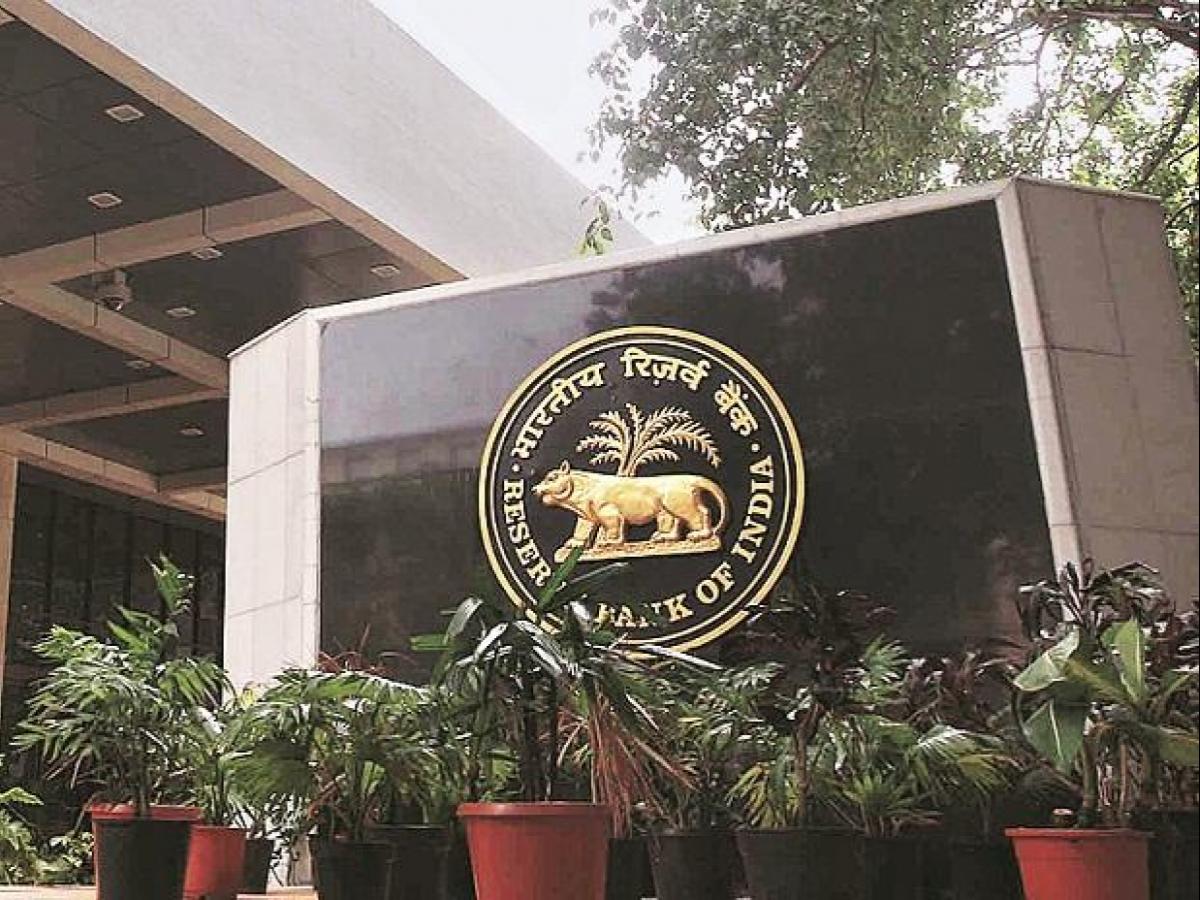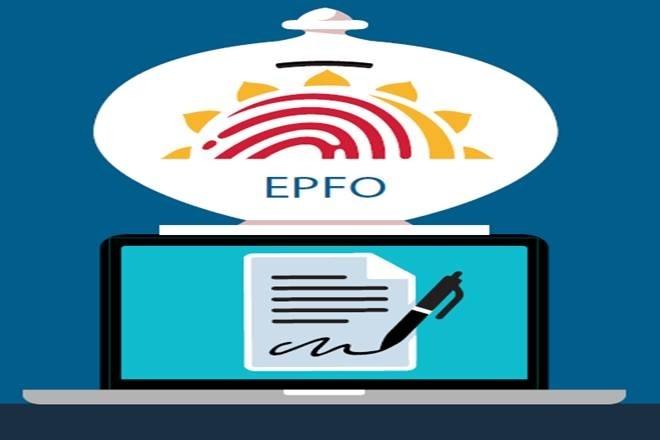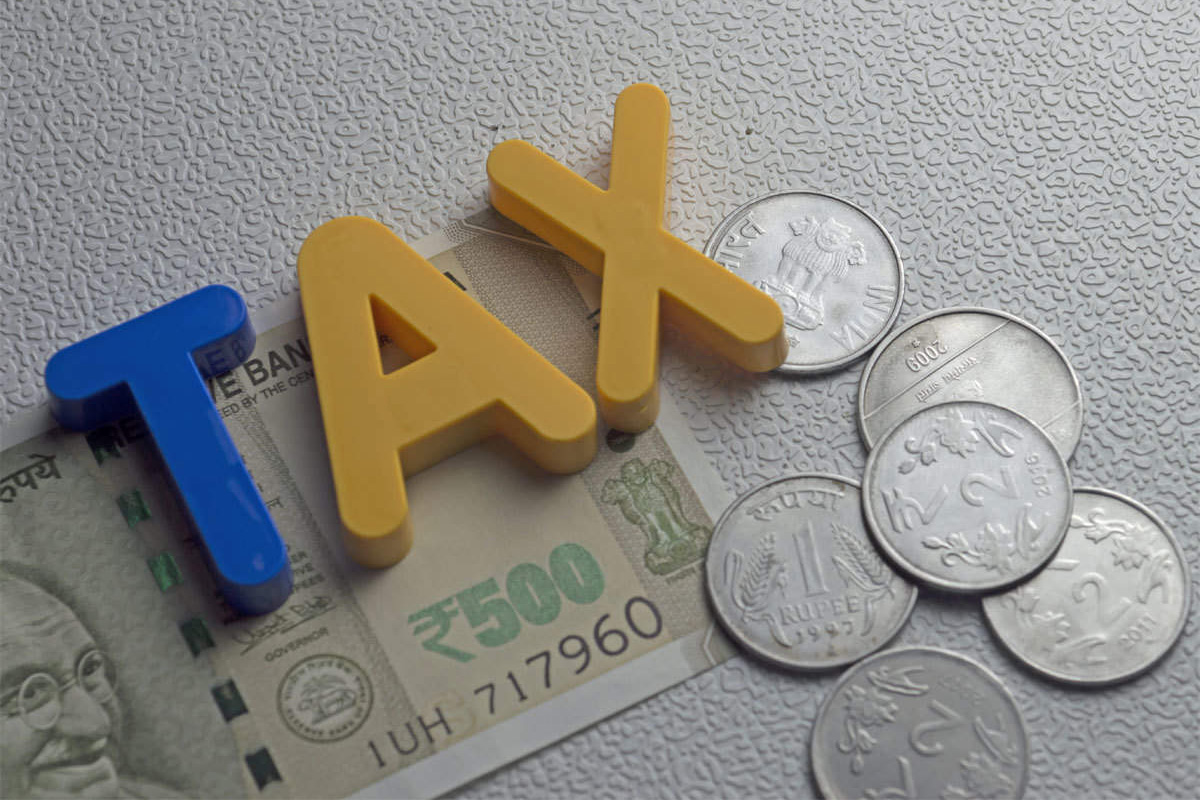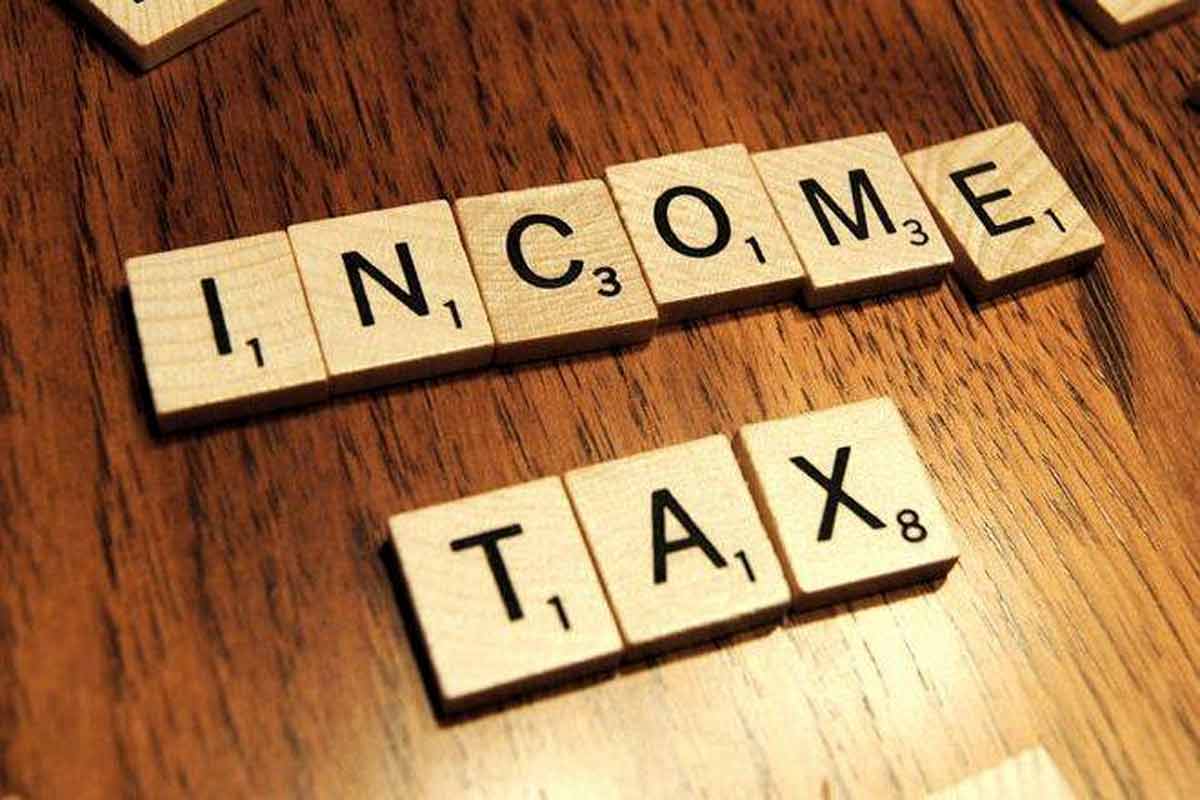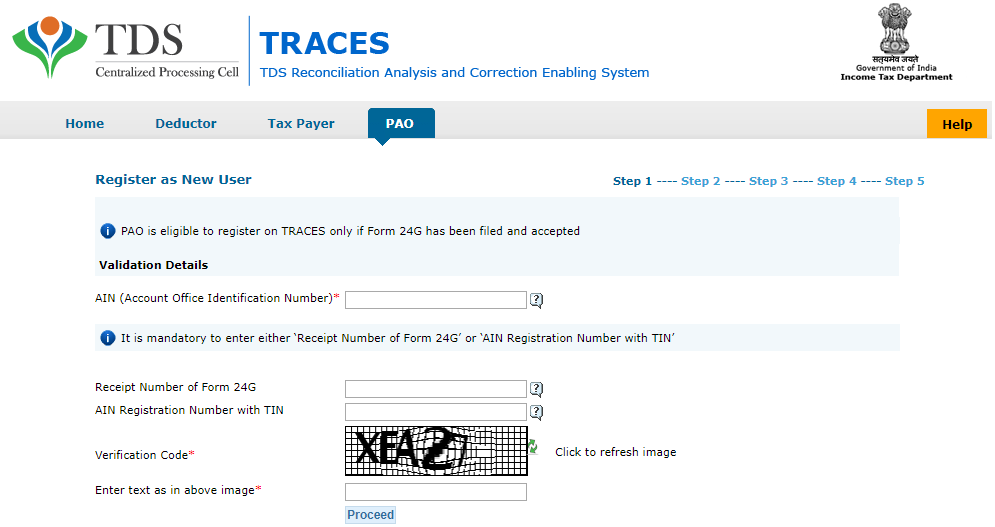Recently,the Director General of Foreign Trade has decided to announce the launch of an online e-tariff rate quota system for interested applicants for imports. Applicants seeking tariff rate quota for imports are available in the import management system, the process of applying online under the e-tariff rate quota. In this article, we will discuss all these features in detail step by step process.
DGFT Trade Information
DGFT announced the following information in its trade notice:
- With effect from 8 February 2021, an easy format has been created for applicants seeking import tariff rate quota to apply online through the import tax dashboard on the DGFT web portal.
- For applications that have already been submitted for the financial year 2021-22 and are yet to be processed, they will be transferred to the new system.
- As to any amended request for a TRQ license issued on or after February 8, 2021, it was electronically mandated to be produced by the TRQ system.
- Licenses for all TRQs have been submitted electronically, and such license data was mainly decided to transmit electronically to customs officers.
- Since 8 February 2021, no paper copies of the TRQ import license issued by the Director General of Foreign Trade have been made.
Tariff Rate Quota
Tariff Rate Quota is a mechanism that allows a specified quantity of specific products to be imported. These items are as per the special custom notification attached to it. Tariff quotas are used on many products, most of which are in the agricultural sector.
TRQ is allocated to the importer by DGFT after paragraph 2.62 of the procedures manual, 2015-20. The TRQ authority will include the importer’s name and address, IEC code, customs notification number, sub-title or tariff item applicable, quantity and certificate validity period. The TRQ authority was issued electronically by the DGFT and a process for transmitting the ICES system was made. Import against TRQ will be allowed only if the TRQ quantity is electronically debited in the ICES system.
Benefit from Tariff Rate Quota Scheme
The following people will be benefited from the tariff rate quota scheme:
- Manufacturer exporters with or without support manufacturer
- Merchant exporters associated with subsidiary exporters
- Service provider.
Prerequisites for applying for TRQ authorization
To apply for authorization, the following are based on the following prerequisites:
- DGFT user profile must be combined with IEC code.
- A valid digital signature certificate must be registered in the system.
- GSTN details are required as per IEC branches.
Fee for Tariff Rate Quota Application
For issuing the authorization, a registration fee of Rs 1 thousand for each application will have to be paid for a minimum of Rs 500 and a maximum of Rs 1 lakh on the CIF amount of the authority through the electronic mode in the online system. It is worth noting that the TRQ authorization, the authorization will be considered valid for imports for 1 year from the date of release.
Application Procedure for Tariff Rate Quota
The procedure to apply for e-tariff rate quota in the import management system through the importer’s dashboard on the DGFT website is given below.
- New User Registration
Open the DGFT website, access the main page and follow the further process along with the registration process. Enter the registration details and select Register user as importer / exporter. Enter one time password received on email and mobile number. On successful OTP verification, you will receive a notification containing a temporary password, which must be changed at first login.
- Apply for Tariff Rate Quota Application
- After logging into the DGFT web portal navigate to Services and select Import Management System, and click on TRQ option.
- Apply for TRQ on tile, click on explore link.
- On the Application Type screen, enter the value on the screen and select Save and Next proceed.
- On the firm details screen, enter all the required input values and select Save and select Next option.
- On the import details screen, import item details, introduce the required input values in the import details and save and choose the next option.
- Once you enter the details on the Import Details tab, the user will be directed to the Port Details tab.
- The ribbon will be displayed on the Other Details screen, based on the value selected for the purpose of the import dropdown on the Port Details screen. The user has to fill the input value on the other details screen and select Save and Next option.
- Declaration Section
In this section, click on the checkbox, accept the terms and conditions and provide all the necessary details and save and choose the next option. On the Application Summary screen, tick the Approval of Declaration checkbox and click on the Sign button to sign the application through digital token.
- Payment
On clicking the sign option, payment will be displayed to apply option-TRQ. Proceed to pay.
Conclusion
It may be noted that help manuals and FAQs have also been set up on the website of the Director General of Foreign Trade to facilitate changes in the e-tariff rate quota system.




